The Android operating system has been characterized by its almost unlimited capacity for customization, in large part thanks to its Linux kernel and its open source nature, mention specialists in a pentesting course. Despite these features, the restrictions recently imposed by Google affect the work of developers, who must look for other alternatives for experimentation on mobile operating systems.
According to a report by Android Police, one of the most eye-catching alternatives for researchers and enthusiasts who want to gain complete control of their mobile devices is PinePhone, a device developed by Pine64 and supported by the Linux user and developer community. While experts mention that this is a very limited smartphone compared to its conventional counterparts, it is an ideal choice for security researchers and users interested in controlling every aspect of their device.
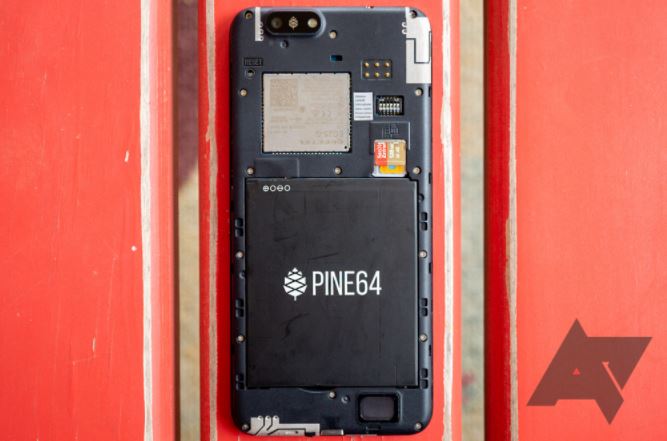
What’s so special about this phone?
The PinePhone is a smartphone developed by Pine64, a company that sells ARM-based Linux products. Braveheart, the first version of the device, was released in January 2020 and has continued an accelerated development process ever since. For the last couple of months, the company has been selling with different Linux distributions pre-installed. The version analyzed by pentesting course specialists is UBports Edition, which includes Ubuntu Touch.
When analyzing the hardware experts found that PinePhone is a hybrid result of two smartphone designs released in 2020 and 2008, including some features to improve the user privacy experience. Other notable details are its USB Type-C charging port, 5MP camera and a cover similar to low-end smartphones.
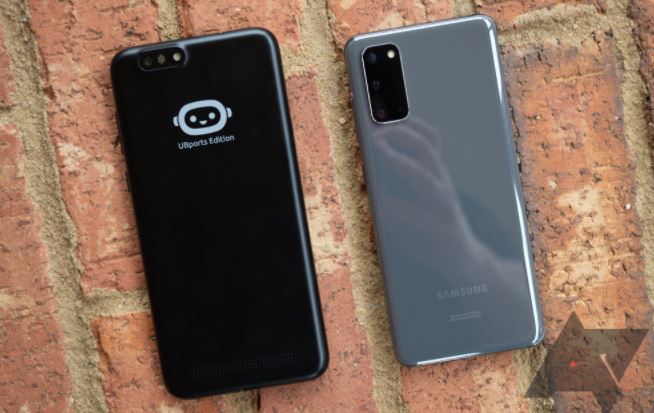
By removing the cover you will be able to see the battery of the PinePhone, practically the same as that used by conventional devices (some models of Samsung Galaxy, for example). It is worth mentioning that the PinePhone uses a microSIM, unlike newer smartphones that use nanoSIM, so it will require using an adapter. The PinePhone also features a slot to insert a microSD card up to 2 TB.
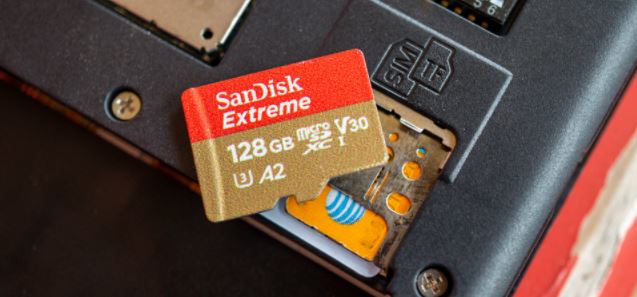
The most striking thing about the rear of the PinePhone are its three switches to disable the hardware, which must be manipulated with a screwdriver. These small switches can turn the modem, WiFi/Bluetooth controller, microphone, rear or front camera and even the audio jack on or off.
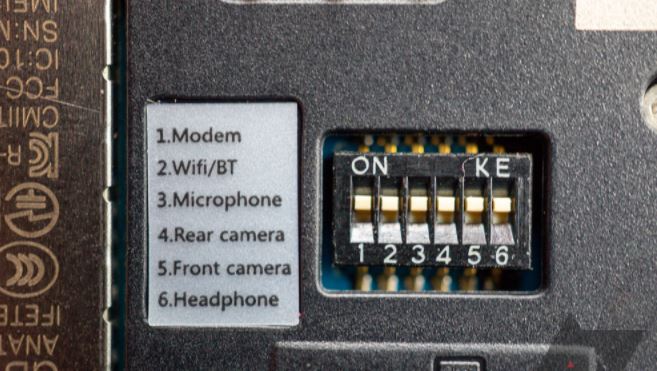
All the power of Linux in the palm of your hand
These are very attractive features, although the best thing about PinePhone is its ability to operate as a computer with Linux operating system, mentioned by experts in the pentesting course. In addition to the Linux distributions available, specialists are working on developing 17 different operating systems for the PinePhone.
The weakest point on these devices may be the in-availability of applications, as the available developments depend on the UBports community.
Regarding the installation of an additional operating system to the preloaded, this process varies depending on the distribution. Some distros can only run on the internal memory, while others must be installed on the memory card. On the other hand, distributions such as GloDroid will need to run a configuration script on a PC to compile the necessary information.
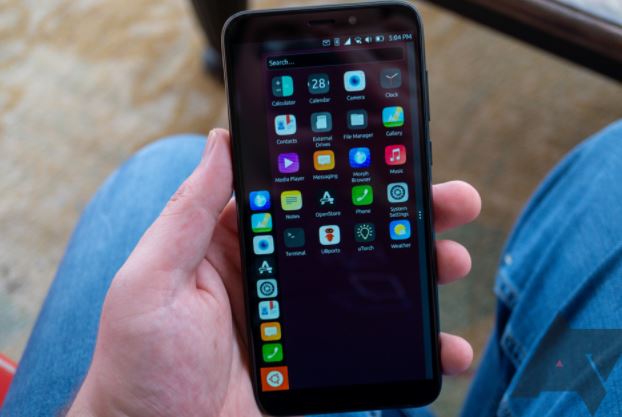
This is definitely an ideal alternative, although it has a big problem: the performance of the phone leaves a lot to be desired. The Allwinner A64 SoC only has 4 CPU cores and 2 GB of RAM, insufficient resources for the operation of some distributions. In simple terms, the operation of the PinePhone resembles that of a low-end Android smartphone.
Lots of things to improve
Pentesting course specialists believe this is more of a prototype than a product ready for final sale; even the manufacturer company issued a warning about potential device failures. However, PinePhone accepts its mission of providing researchers and enthusiasts with a useful device for research and with a noticeably better privacy experience than on a conventional device.
Advances allow Pine64 to think about launching a much more powerful device with a greater number of apps available. While it would be unrealistic to think that a PinePhone can reach the power of a Linux machine, the advances made so far are really promising.

He is a well-known expert in mobile security and malware analysis. He studied Computer Science at NYU and started working as a cyber security analyst in 2003. He is actively working as an anti-malware expert. He also worked for security companies like Kaspersky Lab. His everyday job includes researching about new malware and cyber security incidents. Also he has deep level of knowledge in mobile security and mobile vulnerabilities.











